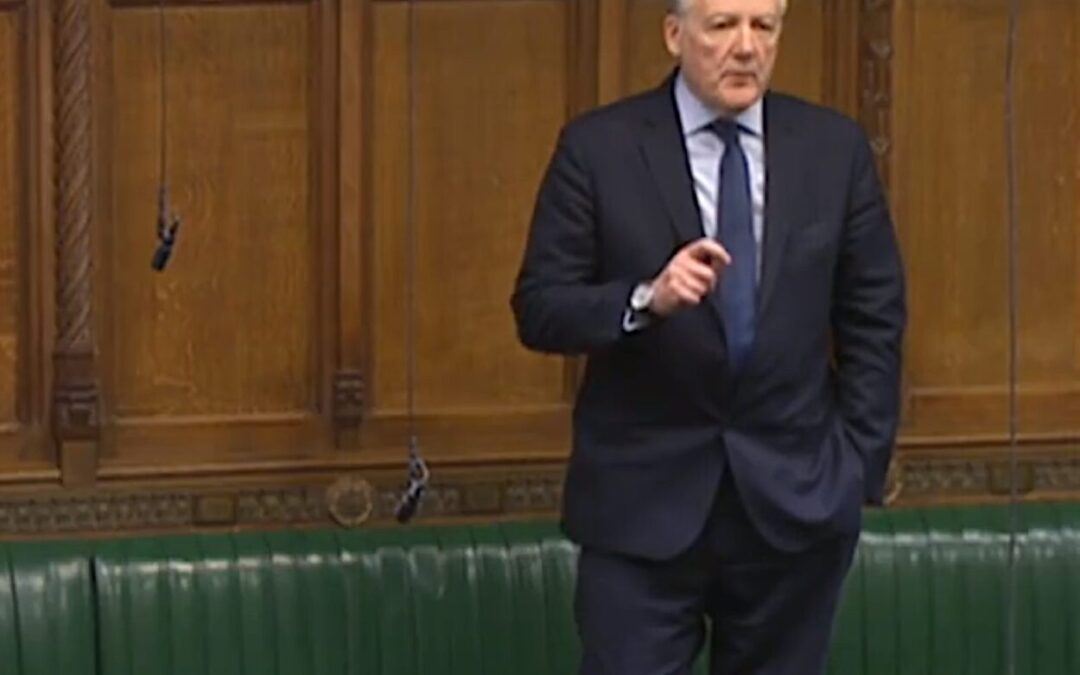The barbaric terror attacks committed by Hamas on 7 October shocked us all. The murder and kidnapping of innocent men, women and children – subjected to most horrific acts – deserves nothing but unequivocal condemnation.
As I have said from the outset, Israel – like any other state whose people face such atrocities – has the right to defend itself. Israel continues to face indiscriminate rocket fire from Gaza and innocent civilians continue to be held hostage. All hostages who are still being held in Gaza must be returned and Hamas terrorists must be held accountable.
I have also said from the outset that any action taken by Israel should be in line with international law.
All human life is equal – Israeli and Palestinian. I am concerned by the scale of civilian death and injury in Gaza over the last month, not least because Hamas continue to base their operations in and around places that should be for purely civilian use, such as hospitals. Israel therefore has the moral and legal duty to ensure every effort is made to avoid civilian casualties, and that its actions are in line with international law.
Food, water, electricity, medicine and fuel must be permitted into Gaza. I welcome recent progress with regard to daily humanitarian pauses to allow in aid and the movement of civilians. However, I believe these must be longer to deliver humanitarian assistance on a scale that begins to meet the desperate needs of the people of Gaza, which is a necessary step to an enduring cessation of fighting as soon as possible.
I know there are those who sincerely believe that this means we should call for a ceasefire. A ceasefire requires all parties to cease military activities, as well as other details including the geographical area in which the ceasefire is to apply. Given that Hamas, as well as other groups such as Palestinian Islamic Jihad operating in Gaza, seek total elimination of the State of Israel and have shown no willingness to abide by any such ceasefire, I do not believe calling for one would be effective at this time.
Like everyone else, I want to see an end to the violence in Israel and Palestine – not just today, but a sustainable long-term peace.
Amongst other things, this will require a guarantee that people in Gaza who are forced to flee during this conflict can return to their homes, and an end to the expansion of illegal settlements and settler violence in the West Bank.
I will therefore be voting for Labour’s amendment to the King’s Speech today.
The full text of Labour’s amendment:
At end add ‘and submit to Your Majesty that this House wishes to see an end to the violence in Israel and Palestine; unequivocally condemn the horrific terrorist attack and murder of civilians by Hamas, call for the immediate release of all hostages and reaffirm Israel’s right to defend its citizens from terrorism; believe all human life is equal and that there has been too much suffering, including far too many deaths of innocent civilians and children, over the past month in Gaza; reaffirm the UK’s commitment to the rules-based international order, international humanitarian law and the jurisdiction of the ICC to address the conduct of all parties in Gaza and Hamas’s attacks in Israel; call on Israel to protect hospitals and lift the siege conditions allowing food, water, electricity, medicine and fuel into Gaza; request the Government continue to work with the international community to prevent a wider escalation of the conflict in the region, guarantee that people in Gaza who are forced to flee during this conflict can return to their homes and seek an end to the expansion of illegal settlements and settler violence in the West Bank; and, while acknowledging the daily humanitarian pauses to allow in aid and the movement of civilians, believe they must be longer to deliver humanitarian assistance on a scale that begins to meet the desperate needs of the people of Gaza, which is a necessary step to an enduring cessation of fighting as soon as possible and a credible, diplomatic and political process to deliver the lasting peace of a two-state solution.’

